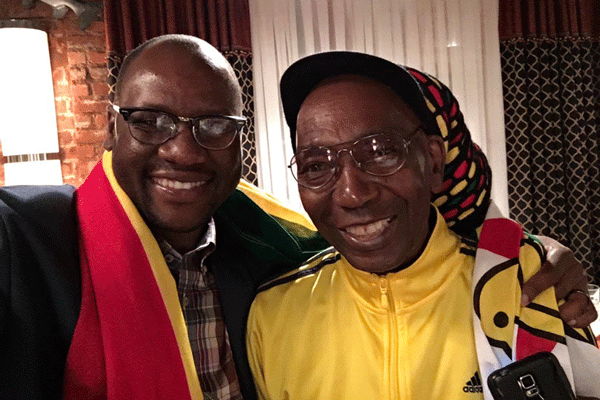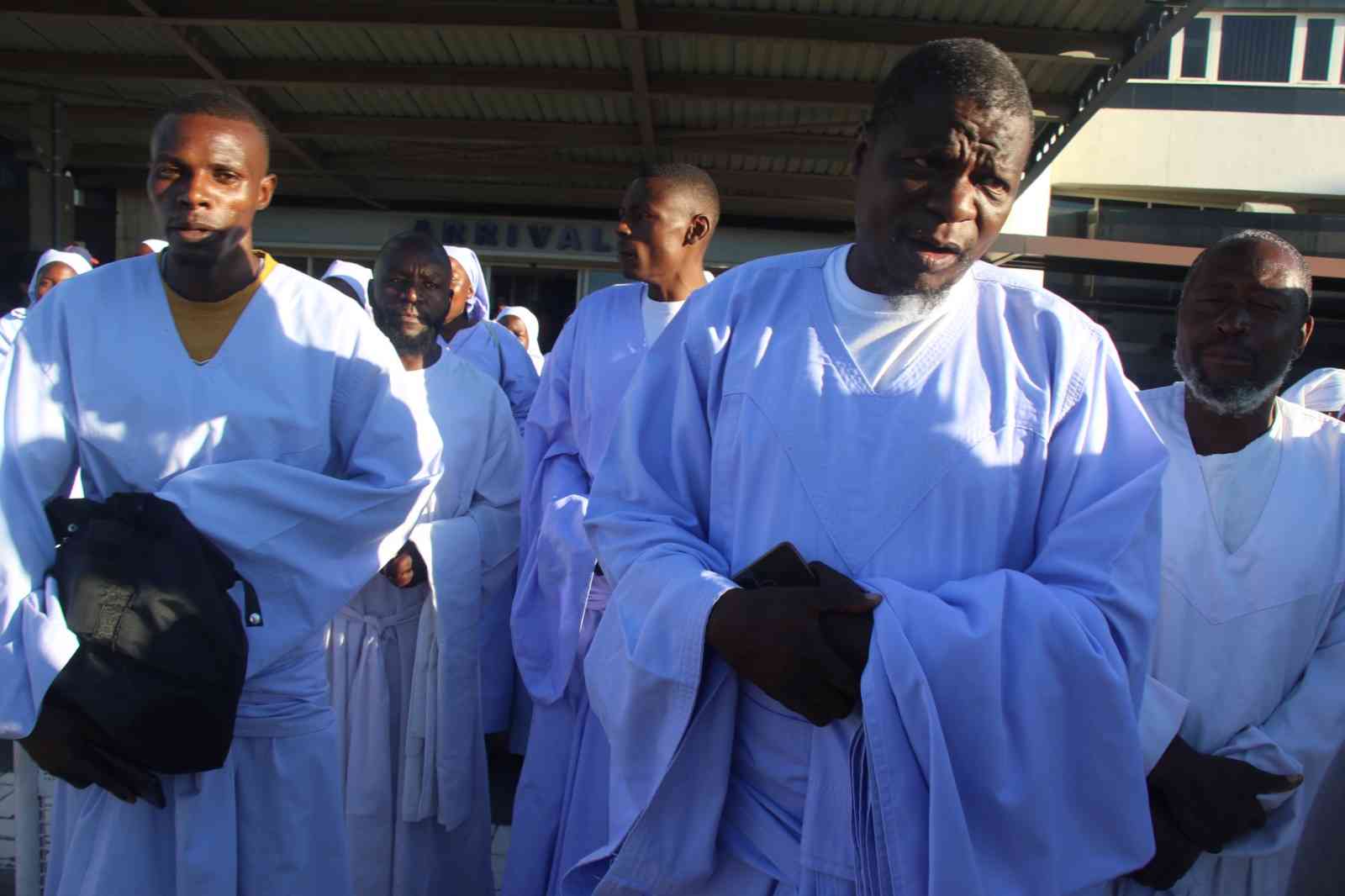
A little boy, about eight, approached me last week as I walked down our dusty street in Highfield, Harare.
viewpoint: By Tapiwa Zivira

He was among a dozen other age mates playing street soccer, something that is common in the ghetto.
The little boy — who I later learnt is called Tamuka — read outloud the inscription on my T-shirt, “Gandanga Thomas Mapfumo”.
I asked him, “Do you know this Thomas Mapfumo?”
The response came like a chorus from the rest of his friends who, by now, had stopped playing. They all said at once “Ehe tomuziva [yes we know him].”
One-by-one, all of them started lamenting, “But we have never seen him play live.”
Yes, you, Thomas Mapfumo, the legend of Chimurenga music and one of the greatest ever musicians to emerge in pre and post independent Zimbabwe have been in exile for the past 11 years, effectively depriving an entire generation of the intimacy that comes with seeing you perform live.
- Chamisa under fire over US$120K donation
- Mavhunga puts DeMbare into Chibuku quarterfinals
- Pension funds bet on Cabora Bassa oilfields
- Councils defy govt fire tender directive
Keep Reading
While your music still plays on radio, in cars, beerhalls and everywhere, you have — by staying away from your homeland — alienated yourself from your people.
Tamuka, his friends and millions of other Zimbabweans who are yet to watch you perform, listen to your music, which up to now, is yet to be successfully imitated by any other.
They have it on their mobile phones, listen to it on Youtube and dance to it.
Your Nyoka Musango is a big hit at youth parties, and millennials go mad about it; but they do not know you, have never seen you live, and wish to do so.
For those that have seen you perform before, your voice and stage acts remain a nostalgia that they hold on to, and they hope to see you do that again on home soil, like you did back then at Queens Gardens and Mushandirapamwe Hotel, among other venues of the time.
The older generation speak with so much passion about how you were particular with sound quality and how you were among the few musicians to fill venues and perform marathon shows that would run all night.
This is the memory of Mukanya that the older generation pass on. Their stories sound so much like a fairytale gone wrong.
In other words, the gap that you left is still there, abandoned, but ready to be filled by none other than you Mukanya.
You have, in your songs and interviews, hinted your wish to return home.
In the song Ndangariro, which you did in 2010, you sound so emotional about the memories of home.
You sing about the ghetto life, about how you don’t find sleep thinking about homeland.
Hama musandicheme ini, ndirikuuya (Do not mourn, I am coming), you promised in the song, but it has been six years now!
For someone who sings about the political and economic crisis in Zimbabwe, perhaps your biggest fear is being subjected to politically-motivated victimisation the moment you set foot in the country.
Seeing the current arbitrary arrests, harassments and disappearances, targeting those who disagree with our inept and ruthless government’s corruption and mismanagement of the economy, you could be right, Doctor.
But Doctor, you have always been a political singer, starting your career during the war against colonial rule and at that time you sang against the brutal and intolerant Ian Smith government.
After independence, you became one of the first voices to sing head on against government-fostered corruption.
Joining you in political and social commentary were sungura musicians like Leonard Dembo, Leonard Zhakata and Tongai Moyo, among others whose lyrics had thinly-veiled messages about the political and economic challenges brought about by the inept Robert Mugabe government’s mismanagement.
So, if you say you are not coming home because you fear political harassment, you will only be presenting yourself as a milksop, something that the Mukanya brand has never been associated with.
You have continued to sing for the poor, and your songs have been associated with the current hardships that Zimbabweans go through, but you have done that from half a world away.
It is therefore my humble opinion that your performance in Zimbabwe will not just be historic, but a colossal statement to those that suppress the rights of citizens and a powerful gesture of solidarity and comdradeship with the millions of Zimbabweans that have suffered under the Mugabe regime.
Recently you have only performed in neghbouring countries like Mozambique, South Africa and Botswana, but you have shied away from visiting your homeland.
Having watched you in South Africa, I believe you are still a force strong enough to put up a show that is energetic and flawless in a way that no current Zimbabwean musician does.
For the likes of little Tamuka in Highfield, and millions of others who wish to see you perform, you need to reconsider your continued stay in the United States and urgently start working on returning home, even for a single show.
It would, in more than one way, reconnect you with the ghetto that you sing about in Ndangariro. Come back home Doctor.











